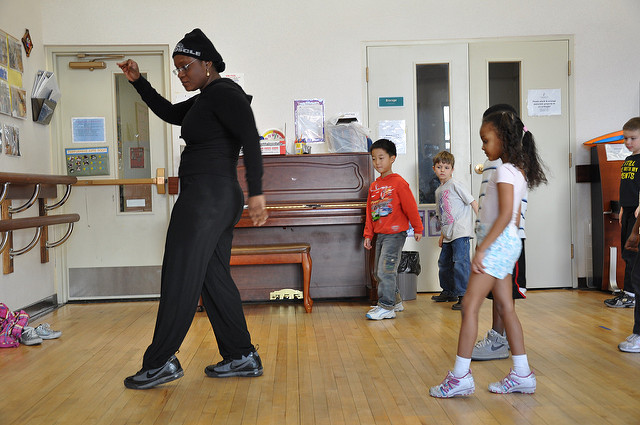Are you fascinated by human behavior and the complexities of the mind? Do you want to explore why people think, feel, and act the way they do? If so, pursuing a bachelor of science in psychology (BS Psychology) might be the perfect fit for you. This degree not only offers a deep dive into human cognition and behavior but also opens the doors to a wide range of exciting career paths.
In this blog, we will explore the key aspects of a BS Psychology degree, including its program description, objectives, career opportunities, and curriculum, to help you decide if this path aligns with your personal and professional aspirations.
Program Description: What is a Bachelor of Science in Psychology?
A Bachelor of Science in Psychology provides students with a comprehensive understanding of human behavior and mental processes. This program focuses on the scientific study of the mind and behavior, exploring how people think, learn, feel, and interact with others. It covers a wide array of topics, including experimental psychology, abnormal psychology, developmental psychology, and the biological bases of behavior.
Beyond just understanding human behavior, the degree equips students with valuable skills such as critical thinking, problem-solving, data analysis, and effective communication. These skills are essential in a variety of professions, making psychology graduates highly versatile in the job market.
Program Objectives: Building a Strong Foundation in Psychology
The BS Psychology program is designed to give students an in-depth knowledge of the field’s core concepts and practices. One of the primary objectives is to provide a solid foundation in psychology by offering a broad range of courses that cover major areas like developmental, cognitive, and social psychology. Additionally, the program prepares students for advanced studies in psychology, as well as related fields like medicine, education, law, and business. Students are also trained to uphold ethical principles, ensuring that they make socially responsible contributions in their future careers.
Moreover, the program fosters practical skills development, enabling students to engage in research, problem-solving, and effective communication. These skills are not only useful within the field of psychology but are transferable to a wide variety of professional contexts.
Career Paths: Where Can a Psychology Degree Take You?
A Bachelor of Science in Psychology offers tremendous career flexibility. Graduates can explore a wide array of professions, ranging from mental health to business and education. For instance, those interested in mental health can further their education and become clinical psychologists, providing therapy and counseling. Alternatively, some may choose to work in human resources, using their understanding of human behavior to manage recruitment, training, and employee development.
Psychology graduates can also find opportunities in education, such as becoming school counselors or educational psychologists, where they can support students’ emotional and academic growth. Research roles in academic or healthcare institutions allow graduates to contribute to scientific advancements in psychology. Additionally, the degree opens doors to careers in marketing, management, or organizational development for those looking to apply psychological principles to business.
Other unique career paths include becoming legal consultants or forensic psychologists, roles that combine psychology with the legal system to provide insights into criminal behavior or offer consultation on legal matters. The diverse career options make psychology graduates highly adaptable and valuable in the workforce.
Curriculum: What Will You Study?
The BS Psychology curriculum offers a comprehensive study of psychology, providing students with theoretical knowledge as well as practical skills. The program begins with foundational courses like Introduction to Psychology, where students learn about major theories and principles of human behavior. As the curriculum progresses, students explore Developmental Psychology, which focuses on psychological changes from infancy through adulthood, and Experimental Psychology, which teaches research methods and experimental design.
More specialized courses like Abnormal Psychology cover mental disorders, including their causes, symptoms, and treatments, while Biological Psychology delves into the biological foundations of behavior. Social Psychology explores how individuals’ behaviors are influenced by group dynamics and societal norms, helping students understand social behavior and interpersonal relationships.
In addition to these core subjects, students are also exposed to Psychological Assessment, where they learn to evaluate cognitive abilities, personality traits, and mental health conditions using various assessment tools. Elective courses and hands-on experiences, such as internships or research projects, further enhance the curriculum, allowing students to apply their knowledge in real-world settings.
Conclusion: Why Choose a BS in Psychology?
Choosing to pursue a Bachelor of Science in Psychology is more than just gaining a degree—it’s about understanding the complexities of human behavior and using that knowledge to improve the world around us. Whether you’re interested in clinical practice, research, education, or business, the skills and insights gained from this degree provide a solid foundation for a successful and fulfilling career. With its emphasis on ethical responsibility and practical skills, a BS in Psychology offers endless possibilities for personal and professional growth.








